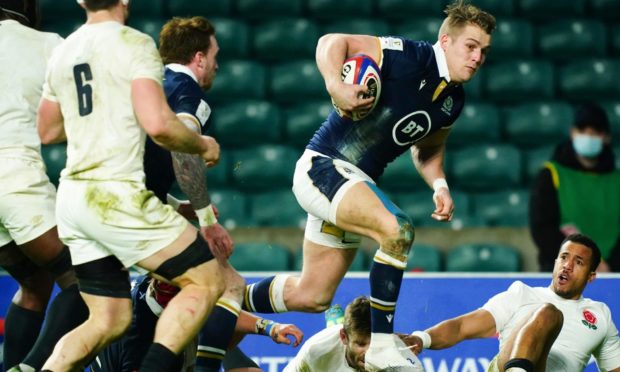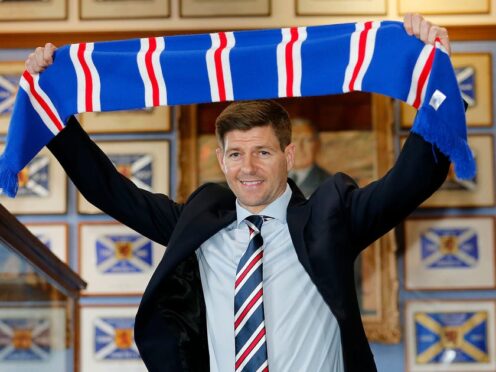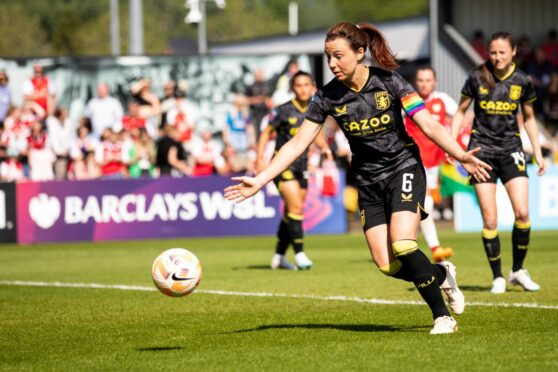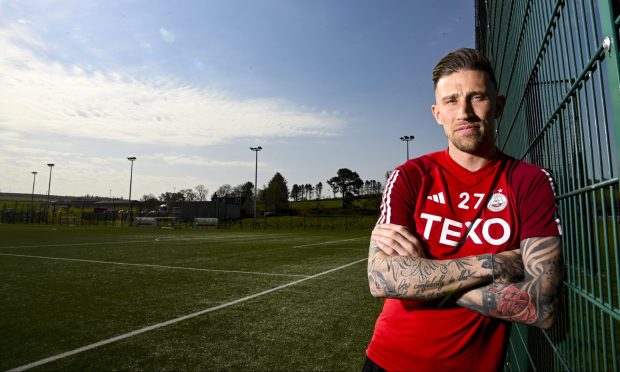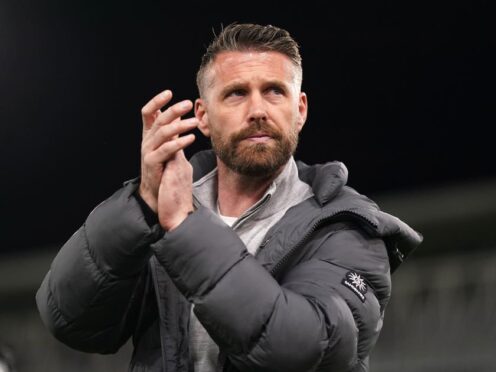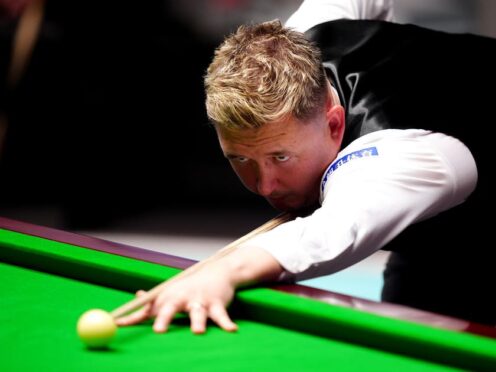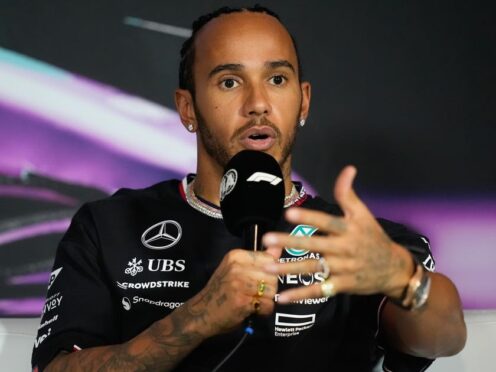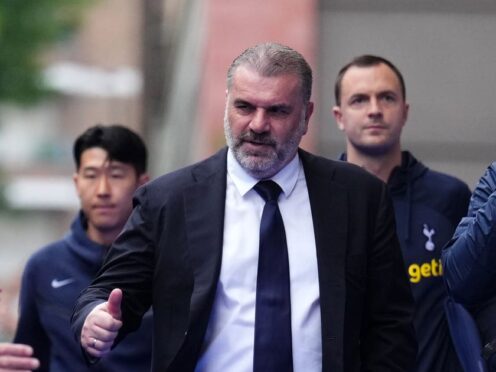It was easy to have conflicting emotions about the dramatic fashion in which Wales’ Grand Slam dreams were demolished in Paris.
On the one hand, the collapse of the visitors in the final five minutes when they held a 10-point lead, only to succumb to an injury-time try from Brice Dulin, was a reminder of how quickly the rug can be pulled from under your feet in international sport.
But, there again, the manner in which the French responded when they were staring at a second successive defeat after their own last-gasp heartache at Twickenham has given them an outside chance of winning the Six Nations Championship which means they will be far more galvanised for the climactic contest against Scotland on Friday night than they might have been if it was just a battle for second or third place.
As usual, the tournament has provided plenty of twists and turns, although the embarrassing performances of Italy, who conceded an average of 48 points a match, needs to be seriously examined as the prelude to the Azzurri being put on notice with the threat of expulsion or relegation to a second-tier European competition.
In the longer term, with the World Cup two years down the line, the French and the Welsh have an abundance of young talent, whereas England have gone backwards, undone by Scotland, Wales and Ireland – and clinically dismantled by the latter – which should mean there are question marks over Eddie Jones’ future at the helm, particularly considering the vast resources at the Australian’s disposal.
As for Scotland, sadly it’s the same old story: promise and potential tinged with thoughts of what might have been and the sense they are perfectly capable of being stuck in this pattern in perpetuity unless they start learning to close out tight contests.
Of course, it’s a positive development that they have finally exorcised their Twickenham hoodoo, even if the rest of the competition has exposed the Jones boys’ frailties, but they reverted to type in being pipped by Wales, were out-muscled and overwhelmed by Ireland – who must still be wondering how they won by only three points – and, despite racking up eight tried against hapless, hopeless Italy, have often flattered to deceive.
That’s why this week’s meeting with Les Bleus is so important for Gregor Townsend and his players. The last time the Scots won in Paris, all the way back in 1999, he was among the try scorers as Jim Telfer’s team dazzled on a glorious spring afternoon, amassing 33 points in the first 27 minutes as they launched their own pyrotechnics display.
I was there in the press box and I recall looking around me after about half an hour and the stunned expressions of the travelling media corps told its own story. Could this really be our own players producing tricks, gorgeous sleight of hand and champagne rugby? Yes, it could and the fashion in which the likes of Alan Tait, Gary Armstrong, John and Martin Leslie and Townsend ripped through their rivals was spine-tingling.
It yielded five tries at a blink-and-you’ll-miss-it rate and banished the memory of how the Gallic brass band had brutally massacred Flower of Scotland before the kick-off. It also sparked a scenario where, with Wales edging out England 24 hours later, the SRU’s finest won the old Five Nations Championship for the first time since 1990.
That side had a steely core and a genuine ferocity, whether in defence or attack, and a captain in Armstrong who was a one-man wrecking ball in pummelling his opponents. It’s stretching it to compare the current team with that stellar line-up, but perhaps Townsend should show the video to his troops before they take the field.
With Lions places up for grabs, this is also the last opportunity for some in the ranks to stake their claim to a place in Warren Gatland’s plans. If the Scots lose and lose badly, the gnarled New Zealander won’t care about previous results. And, if that happens, they will finish fourth in the table which will signal a genuinely disappointing campaign.
However, if they can replicate the backs-driven flair and forward strength, which marked their showings against England and Wales (at least in the first half of that strange affair), they can definitely cause problems for the hosts through the likes of Stuart Hogg, Sean Maitland, Duhan van der Merwe and Finn Russell.
The latter figure has experienced a very mixed championship to date and might be struggling to gain the nod from Gatland unless he sparkles on Friday. As somebody who plies his trade in France, he will be very familiar with his rivals and recognise the immense threat posed by Romain Ntamack and Antoine Dupont, but they should be wary of his menace, especially if he brings his A-game to the table.
Should the Scots triumph by even six points, they will end up second in the standings which would signify decent progress. But if France hit their stride, gain a try bonus and steamroller their rivals by more than 20 points, they will be crowned as champions.
It should be another thunderous occasion.
